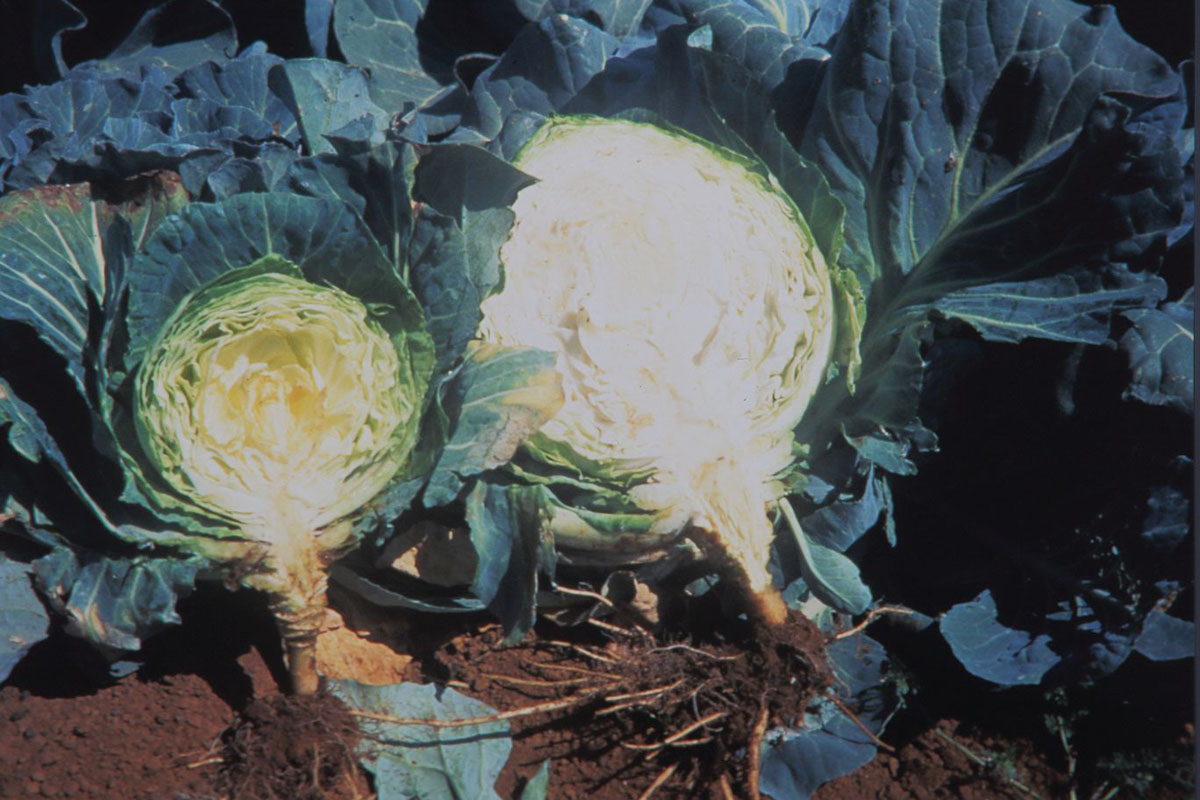
Potassium is a mineral that is usually present in sufficient amounts in most people’s diets, so there is generally no need to take it as a supplement. However, certain medical conditions and illnesses may decrease the potassium levels. Also, some people need to limit their potassium intake due to specific diseases. In both cases it is useful to know which foods have high potassium content and which have moderate or low.
Importance of potassium
Potassium is an electrolyte or a mineral salt, just like calcium and sodium. It is essential for many bodily functions. It is important for the nervous system, for muscles, for fluid balance, heart, kidney and liver functions.
Potassium deficiency is called hypokalemia and it includes symptoms like weakness, fatigue, confusion, heart abnormalities, and sometimes poor muscle coordination.
Also, potassium deficiency can increase effects of sodium. Usually, the fist sign of this deficiency is weakness.
Potassium deficiency
Most people get enough potassium if their diet is reasonably healthy and if they are well hydrated most of the time. However, any significant loss of fluids can disturb potassium levels and lead to deficiency. This can occur due to certain conditions and illnesses, as a result of diarrhea or vomiting, excessive perspiration and similar condition. It can also happen to athletes and people who work out a lot, because human body loses a lot of fluids due to perspiration and fats breathing.
On the other hand, some people have to be careful not to take too much potassium. This goes for people who suffer from certain diseases, like diabetes and kidney failure. Their body may not be able to metabolize minerals properly.
Foods containing potassium
Foods high in potassium are those that contain 225 milligrams or more per half a cup serving. Such foods include all meats, including poultry, and fish, apricots, especially canned, avocados, bananas, kiwis, cantaloupe, milk, oranges, orange juice, lima beans, potatoes, prunes, tomatoes, spinach and winter squash.
Foods considered have a moderate potassium content, meaning from 125 to 225 milligrams per serving, include apple juice, blackberries, broccoli, carrots, cherries, eggplant, corn, grapefruit, onions, peaches, pears, pineapples, raisins, raspberries, tangerines, zucchini and watermelon.
Foods that are low in potassium are recommended for those who need to limit their potassium intake for medical reasons, like the ones listed above. Low potassium content means less than 125 milligrams per serving, and such foods include apples, bell peppers, cabbage, cranberries, blueberries, cucumber, grapes, plums, iceberg lettuce, mandarins, mushrooms and green beans.


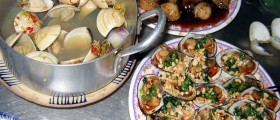


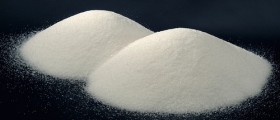
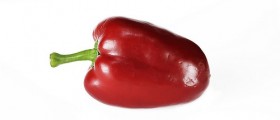
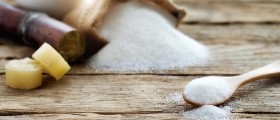
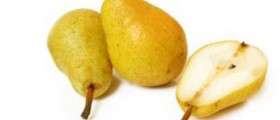



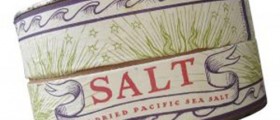
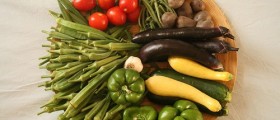
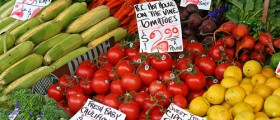


Your thoughts on this
Loading...